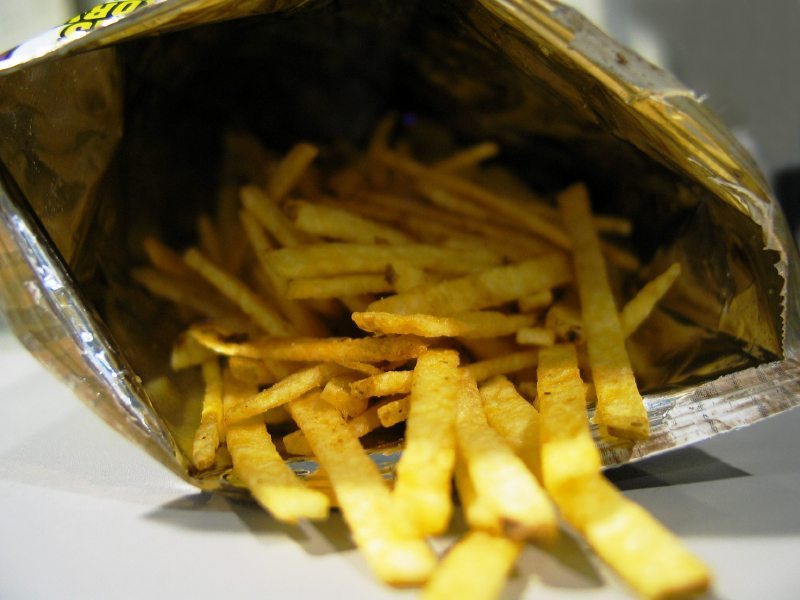
Cravings are hard to control. Most of us reach for something crunchy, salty, or greasy throughout the day. What we crave is often our bodies’ way of letting us know that we are lacking a certain nutrient; however, when it comes to fatty foods, it is thought that the more we eat, the more likely we are to crave it. Let’s find out if cravings for fatty foods can stop just by eliminating them for our diets.
SEE ALSO Candy Indulgences: Best Healthy Alternatives To Your Favorite Sweets
Much research has been done to try and understand cravings and what happens when we give in to them. Is it possible, however, that it is harder for some to eliminate fatty foods from their diets than it is for others? A nutrition website, Food Addiction Institute, reveals that a 2009 study done by Leibowitz from Rockefeller University found that an “overconsumption of fats can be correlated with brain systems which, when activated, further stimulate the intake of fat.” Leibowitz’s research claims that for those who eat fatty foods often, it may be harder to curb their cravings due to a chemical imbalance that tricks our brain into thinking we need more fat. A medical information website, WebMD, explains that “three regions of the brain—the hippocampus, insula, and caudate—appear to be activated during food-craving episodes.” These parts of the brain are “the memory areas of the brain [and] are responsible for associating a specific food with a reward,” in this case, pleasure, which triggers the desire for more food.
SEE ALSO Video: How Sugar Affects Your Brain
Food Addiction Institute further explains that “possibly the most convincing proof that foods can produce cravings is that when specific potentially-addictive foods are eliminated by some binge-eaters who reported they felt they ‘had to eat’ or ‘couldn’t stop’, cravings are minimized or disappear completely.” While this research focused on individuals who had eating disorders, the ideology for all humans is the same: foods that we eat regularly are what our body will most likely crave; therefore, eating unhealthy options increases the chance that your body will beg for more.

Food Addiction Institute relays the story of the author of “The End of Overeating: Taking Control of the Insatiable American Appetite,” David Kessler, and explains that, through personal experience and research, he determined that “‘our bodies and mind are changed when we consume foods that contain sugar, fat, and salt,’ [and that] completely abstaining from these offending foods” helps to curb the cravings for them. While this research is focused on people who had eating disorders that made it extremely difficult to overcome cravings, for those of us who just want to eliminate cravings, it seems the best way to do so is by eliminating unhealthy foods.
Verdict: Fact. Eating foods high in fat or sugar is likely to produce cravings in our bodies that make us desire more of the same types of food. Eating disorders are serious conditions that need to be discussed with a doctor; however, for those of us who just want to stop excessive cravings, the answer is simple: ditch the vice and the cravings will stop! Speak to your doctor, health coach or nutritionist about ways to incorporate healthier options into your diet.
For more Food features, check out our articles here.
Do you have any techniques or tips to stop cravings?









![Daily Bite [Make]: Philly Cheesesteak Stuffed Bell Peppers](https://dashofwellness.com/wp-content/uploads/2013/01/Philly-Cheesesteak-Stuffed-Pepper-Daily-Bite-1-100x70.png)

Great post! I’ll have to bookmark it as a reference to start using in from tomorrow onwards. 😉